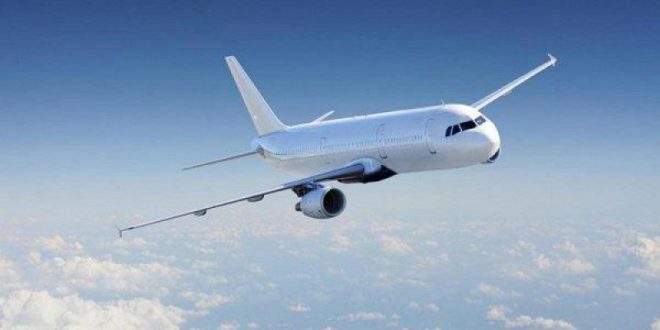The International Air Transport Association, IATA, has presented its latest study on the importance of air transport to the UAE showing that ongoing prioritisation of aviation as a key strategic asset could generate an additional 620,000 jobs and an extra US$80 billion in GDP for the nation’s economy by 2037.
According to the IATA study, air transport’s contribution to the UAE economy is already significant. The industry at present supports nearly 800,000 jobs and contributes $47.4 billion to the economy, accounting for 13.3 percent of the UAE’s GDP.
If the government continues to pursue a positive agenda for aviation, the UAE’s aviation market will grow 170 percent by 2037, support 1.4 million jobs and contribute USD128 billion in GDP to the nation’s economy, the study revealed.
IATA identified three areas where government action can promote aviation’s growth and bring even more value to the UAE. These include increasing airspace capacity to ease congestion and meet future demand; align infrastructure with expected growth, and continue to leverage new technology and process innovation to enhance efficiency and passenger experience.
Commenting on the study’s findings, Muhammad Ali Albakri, IATA’s Regional Vice President for the Middle East, said, “Over the past 25 years, the UAE has experienced an economic transformation; aviation has been at the heart of this evolution.”
“Few states,” he added, “have a better understanding of the economic benefits that aviation’s connectivity provides than the UAE. Government policy supporting the development of aviation has paid great dividends.”
“Today the UAE is ranked number one globally for air trade facilitation, tops the Middle East region for visa openness, is an aviation powerhouse and its airlines carry the country’s flag to all corners of the globe,” Albakri continued.
“To maintain the country’s competitiveness as a leading global aviation hub, sufficient air space capacity to meet demand, infrastructure investments aligned to growth and rapid implementation of new technology are essential,” Albakri concluded.
 UAE BARQ برق الإمارات – نبضك
UAE BARQ برق الإمارات – نبضك


